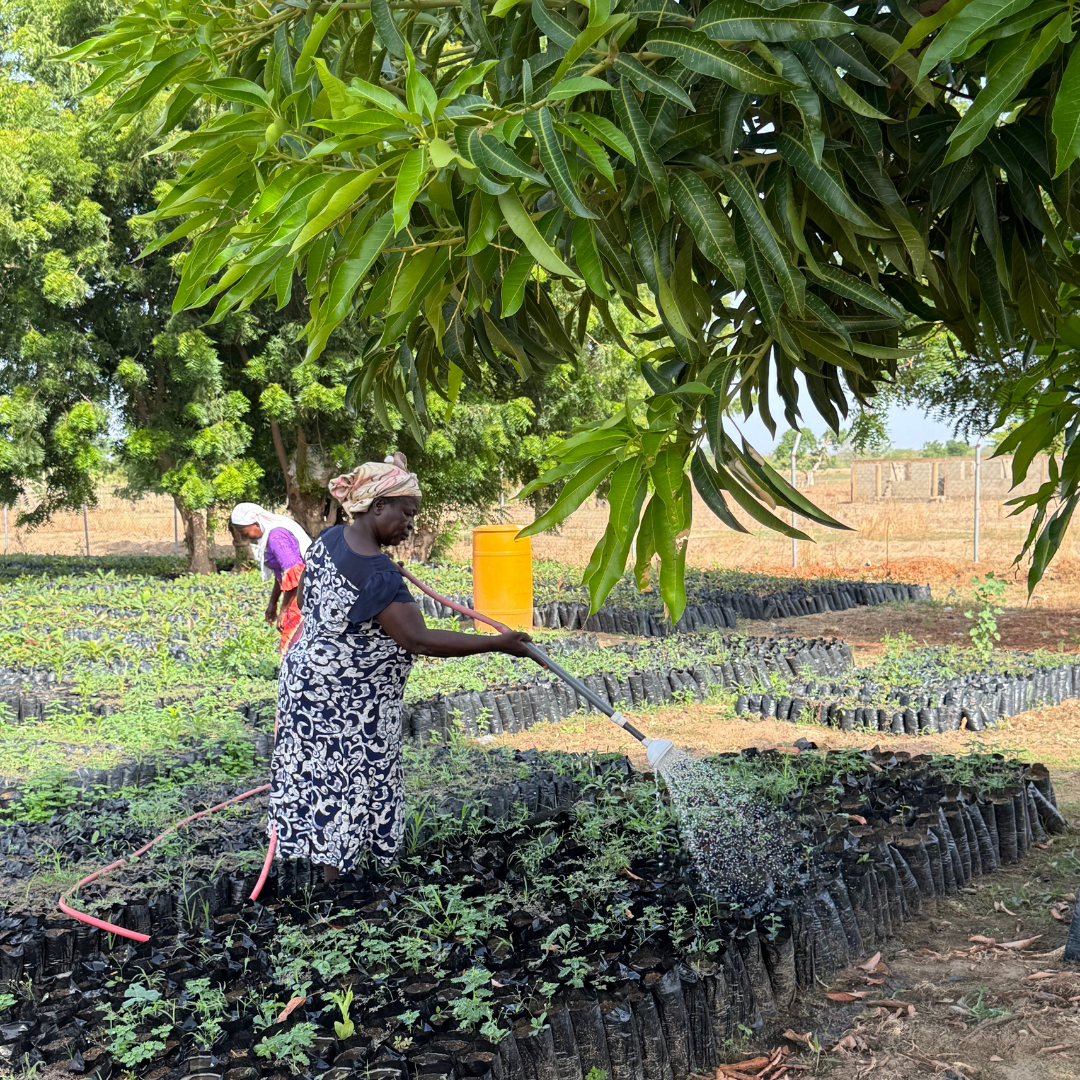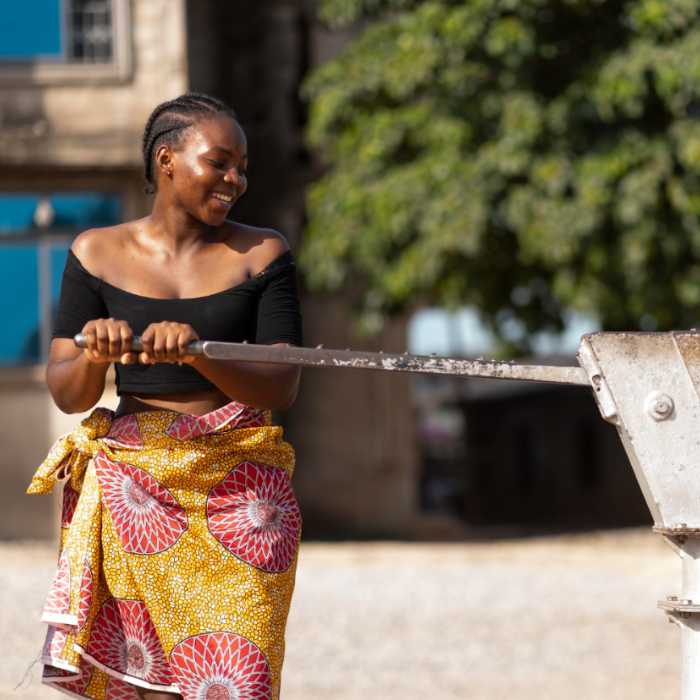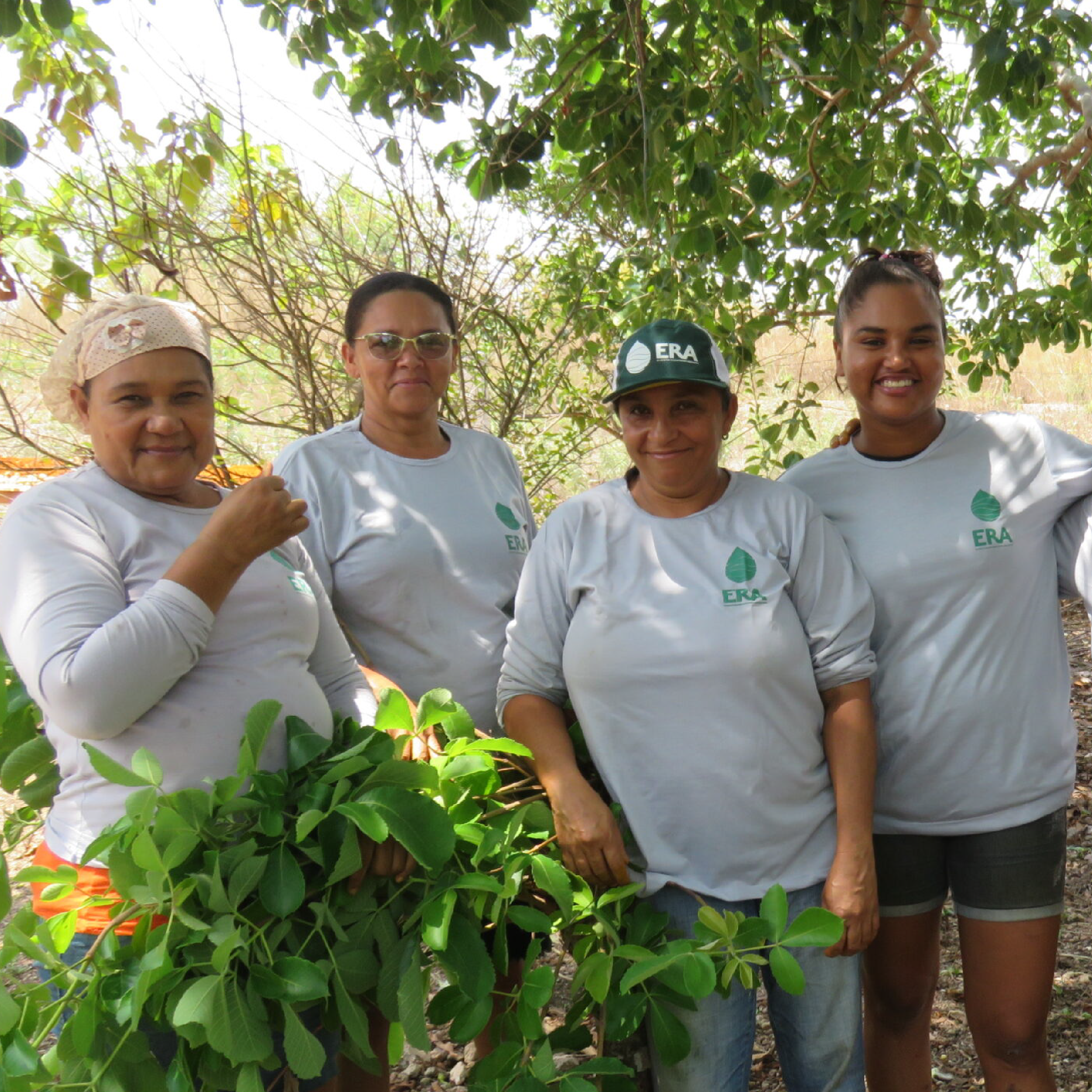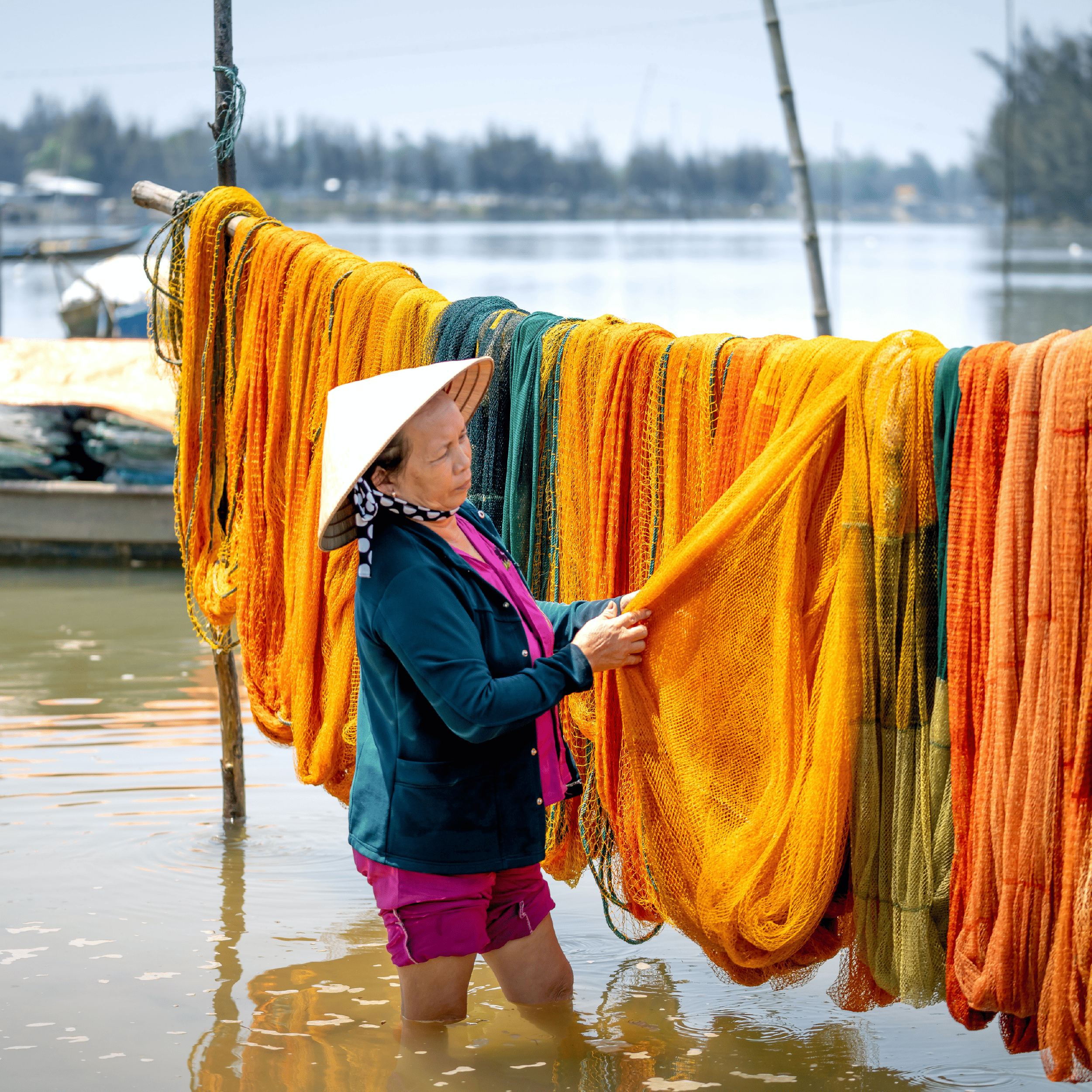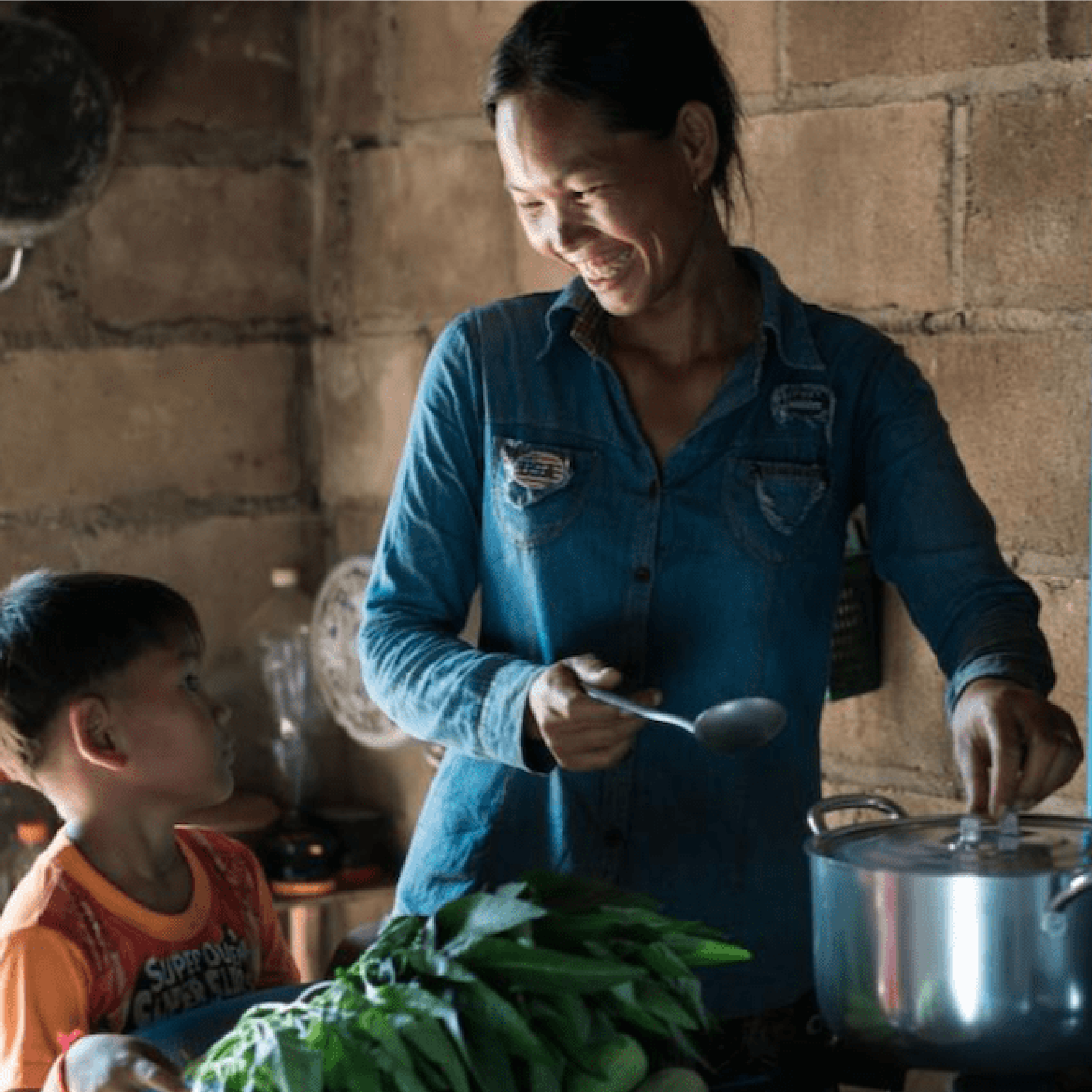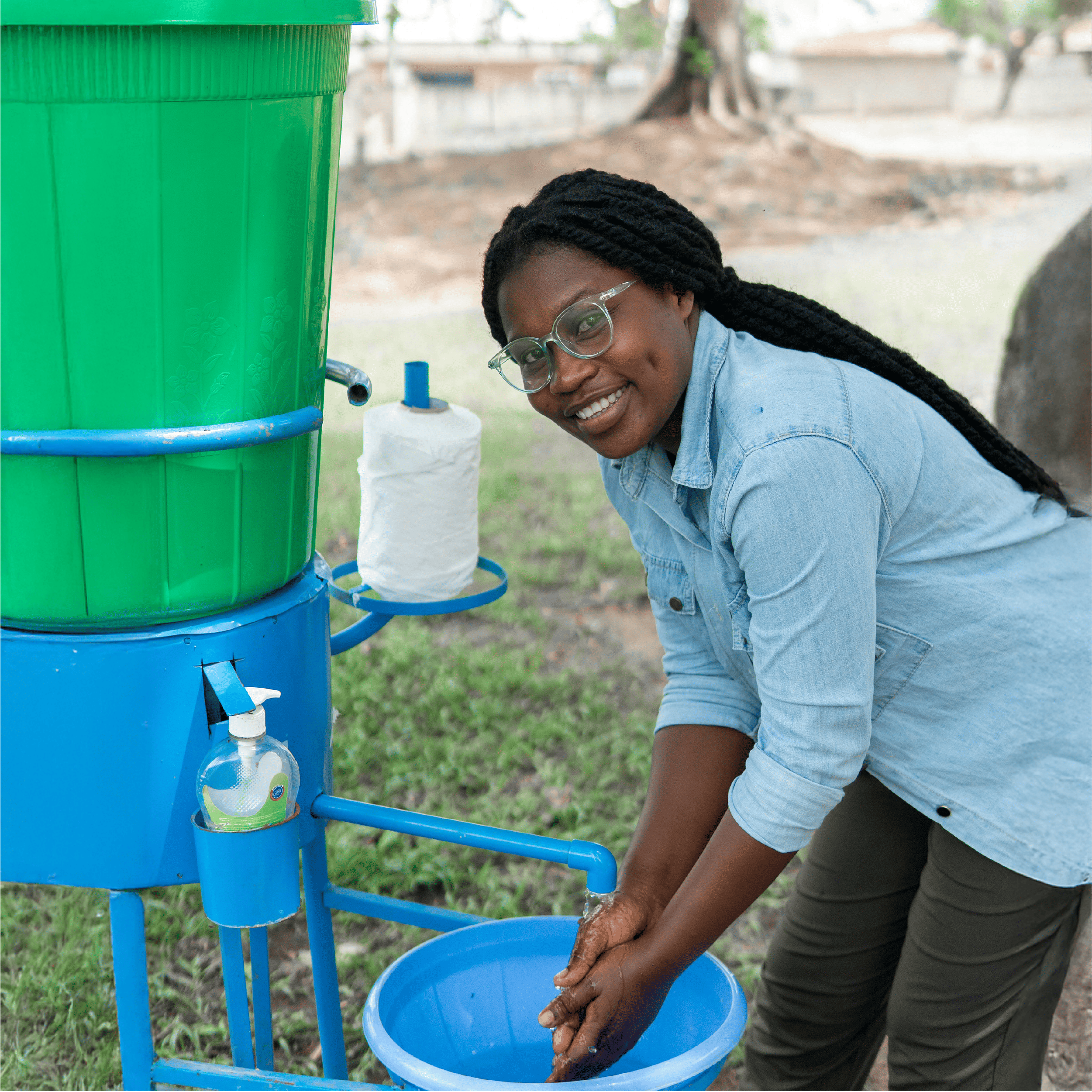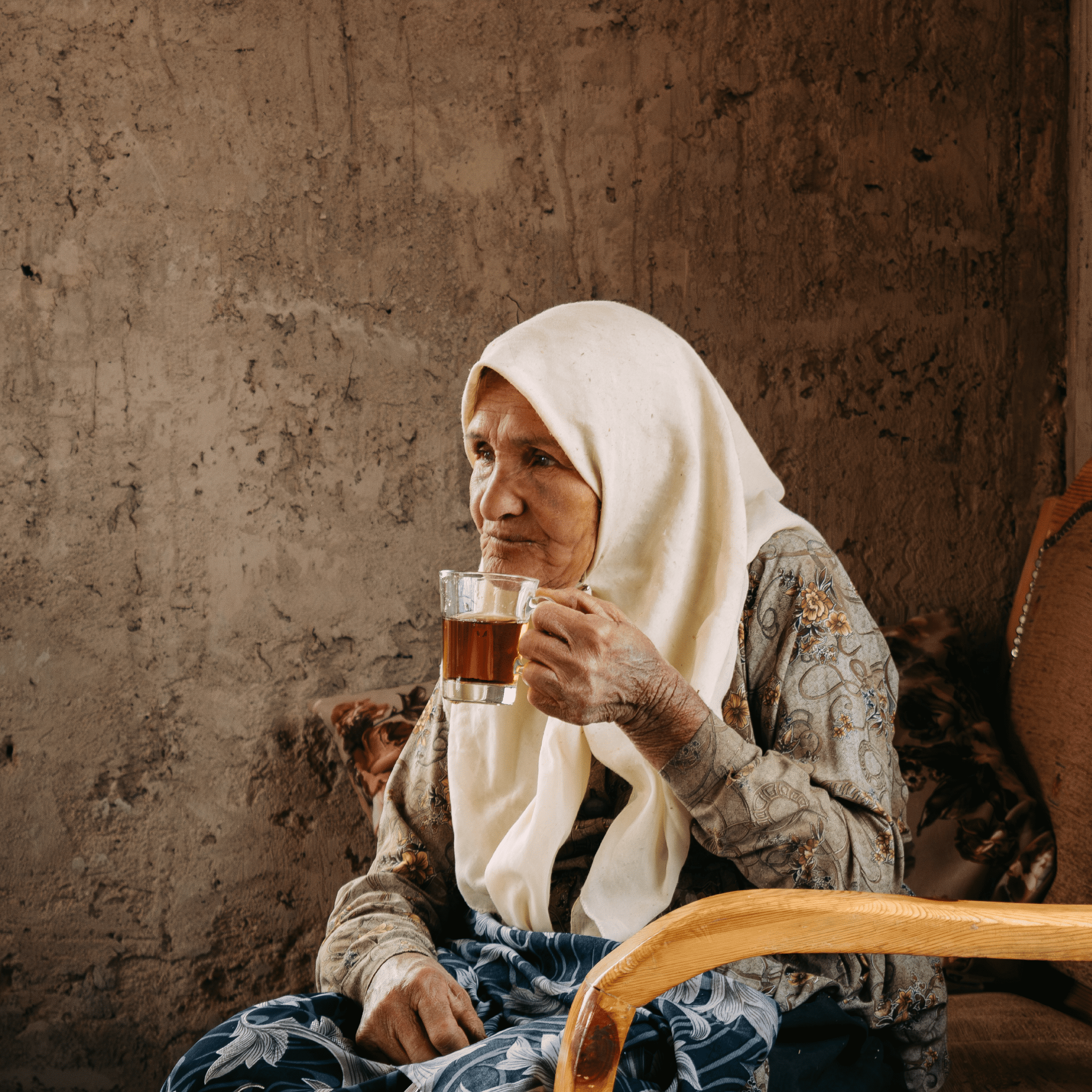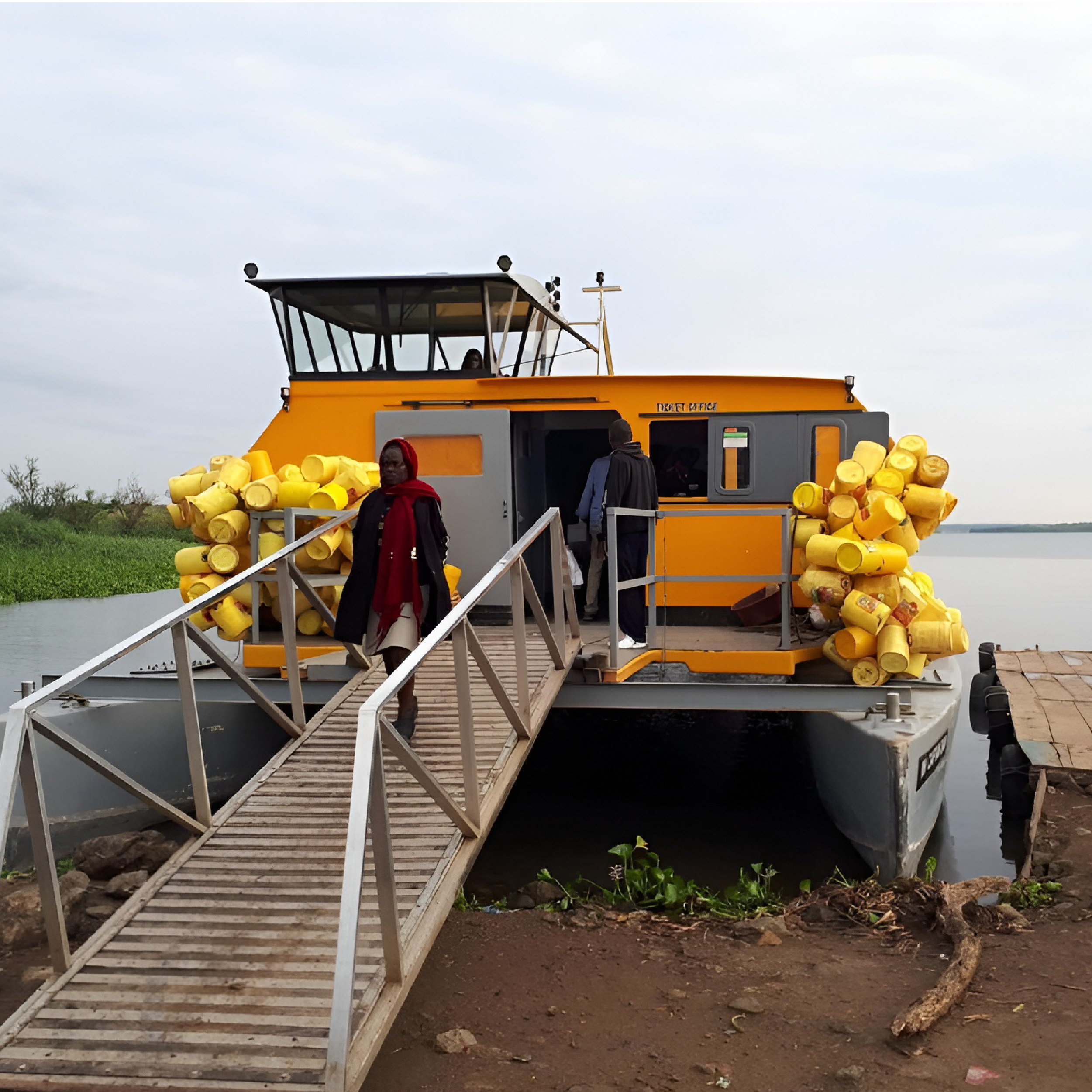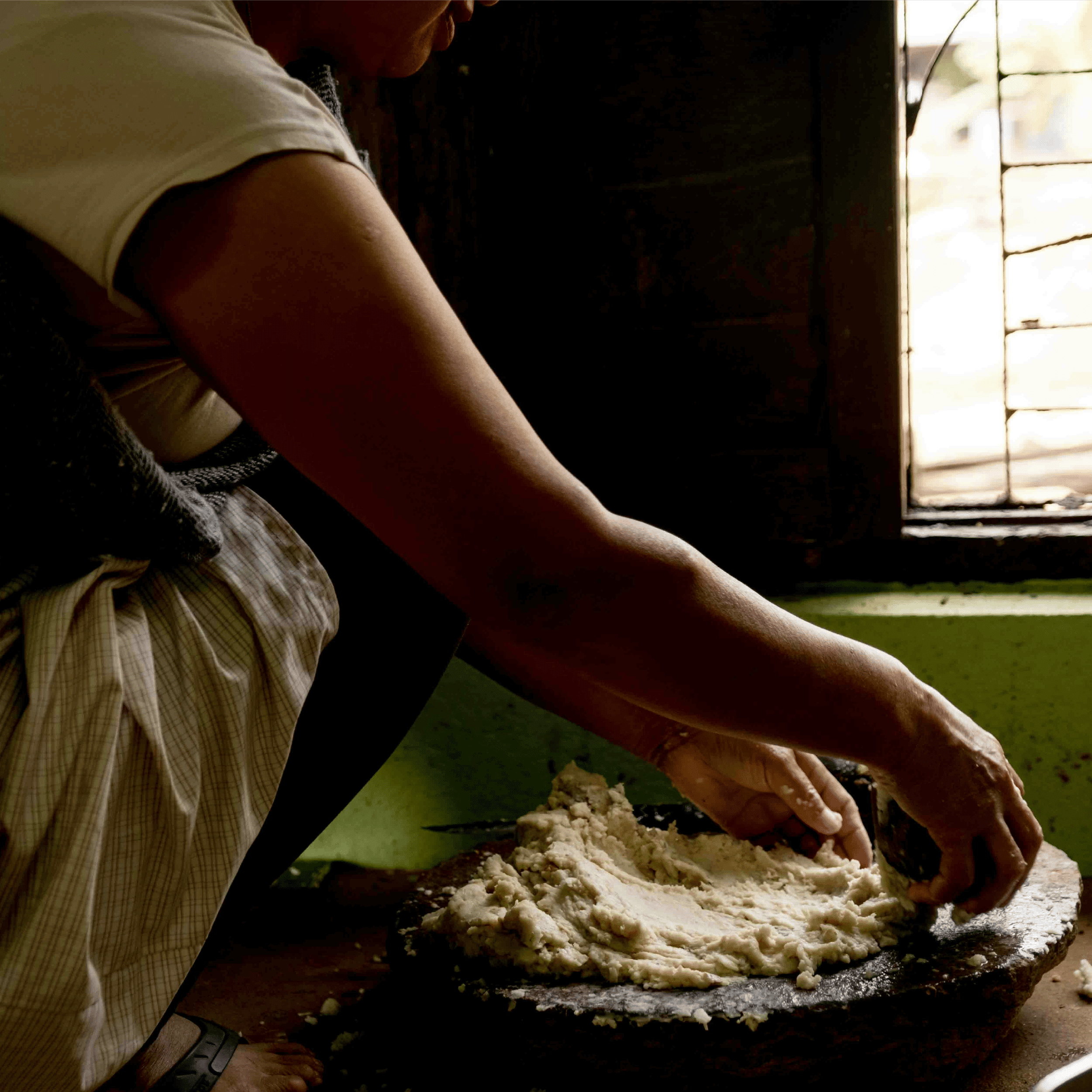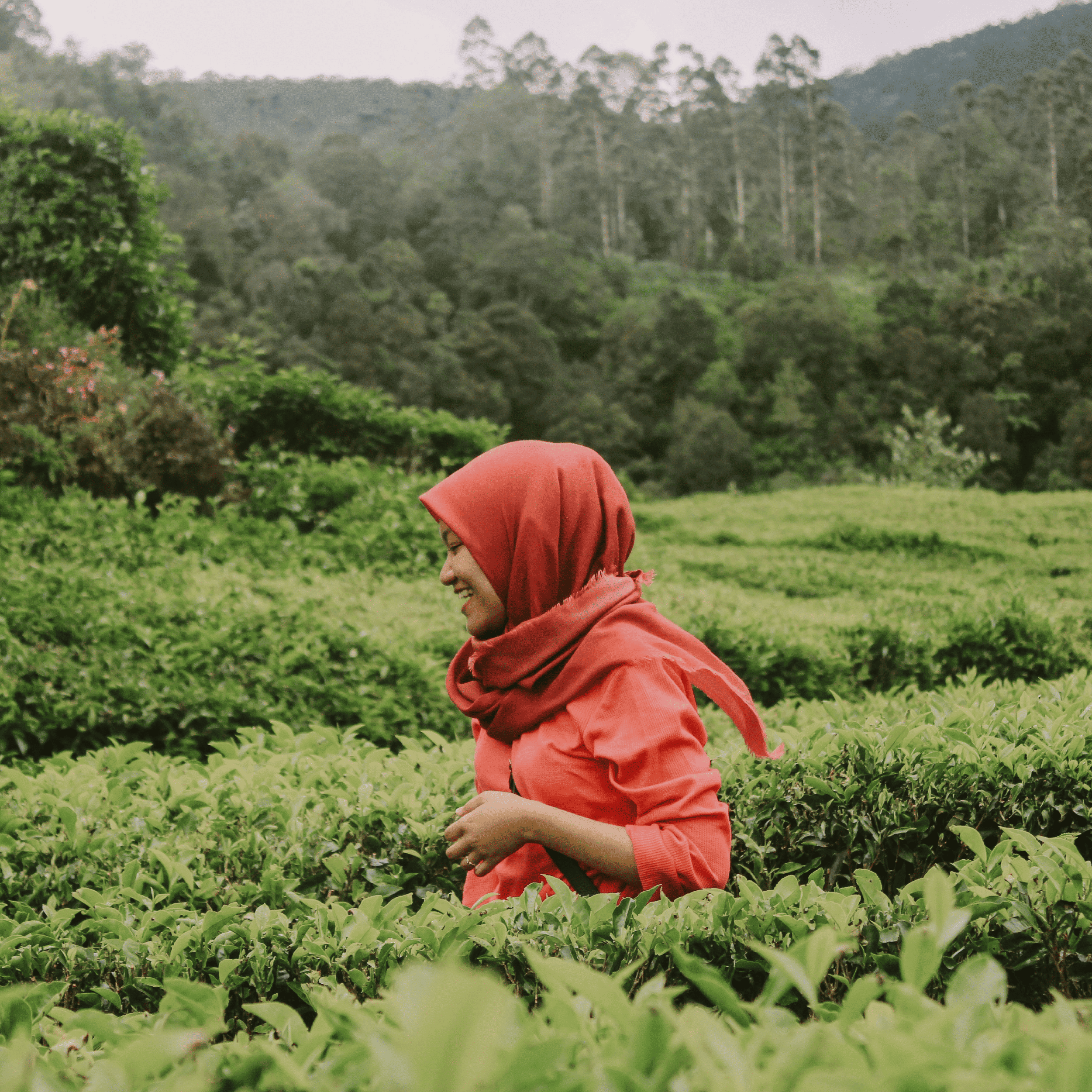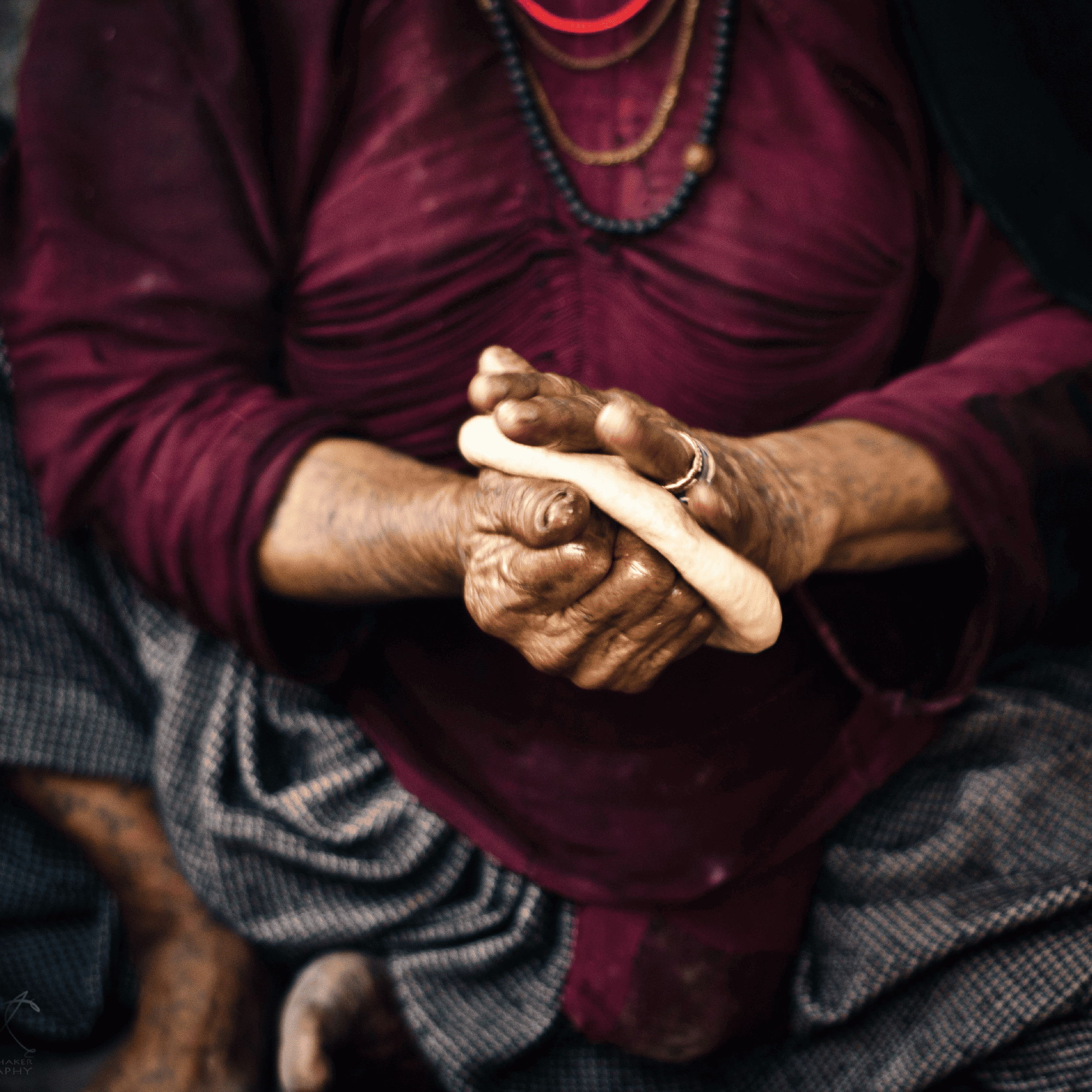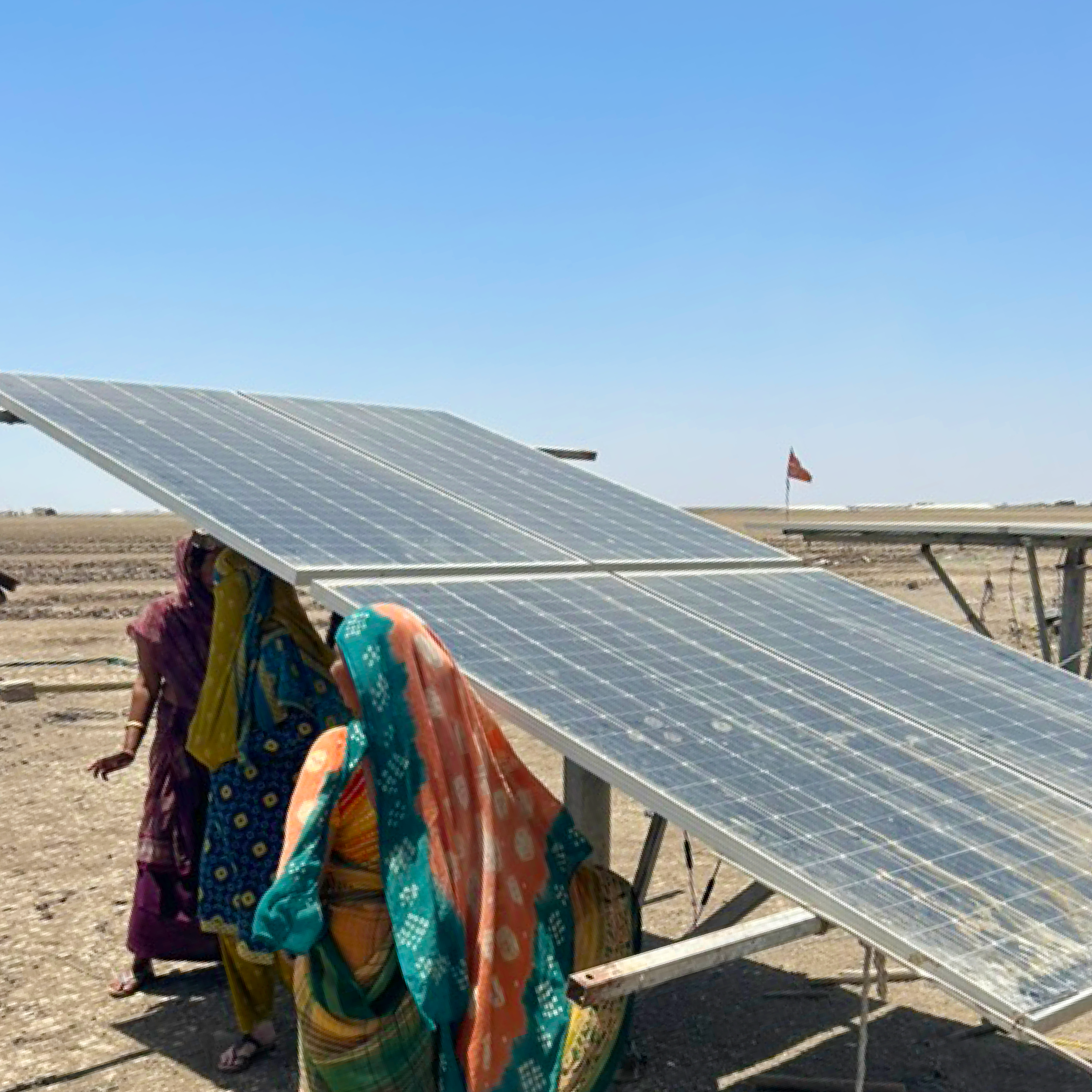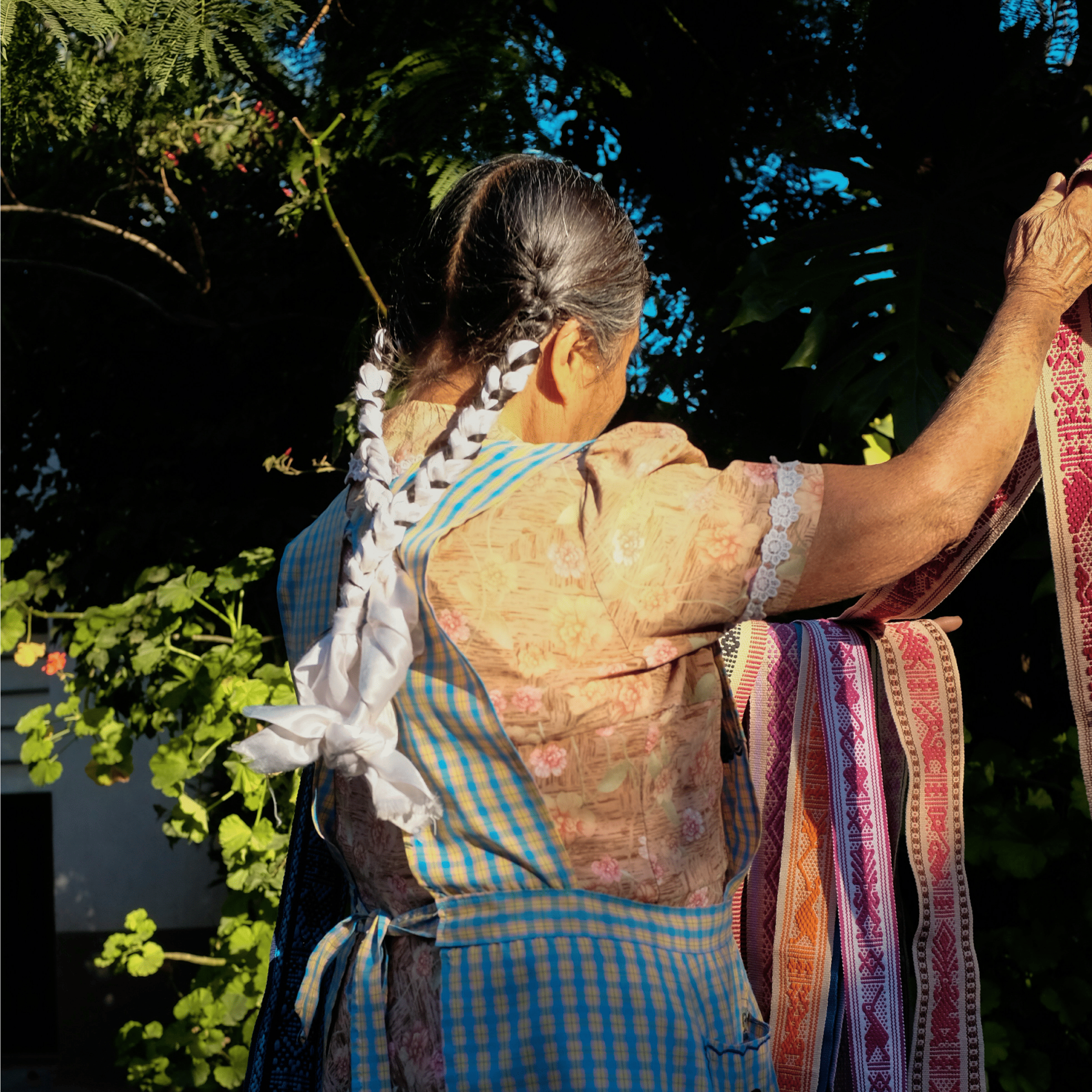Mangrove Protection through Cleaner Fish Smoking in Cameroon
Shortening Processing Time and Increasing Quality of Processed Fish

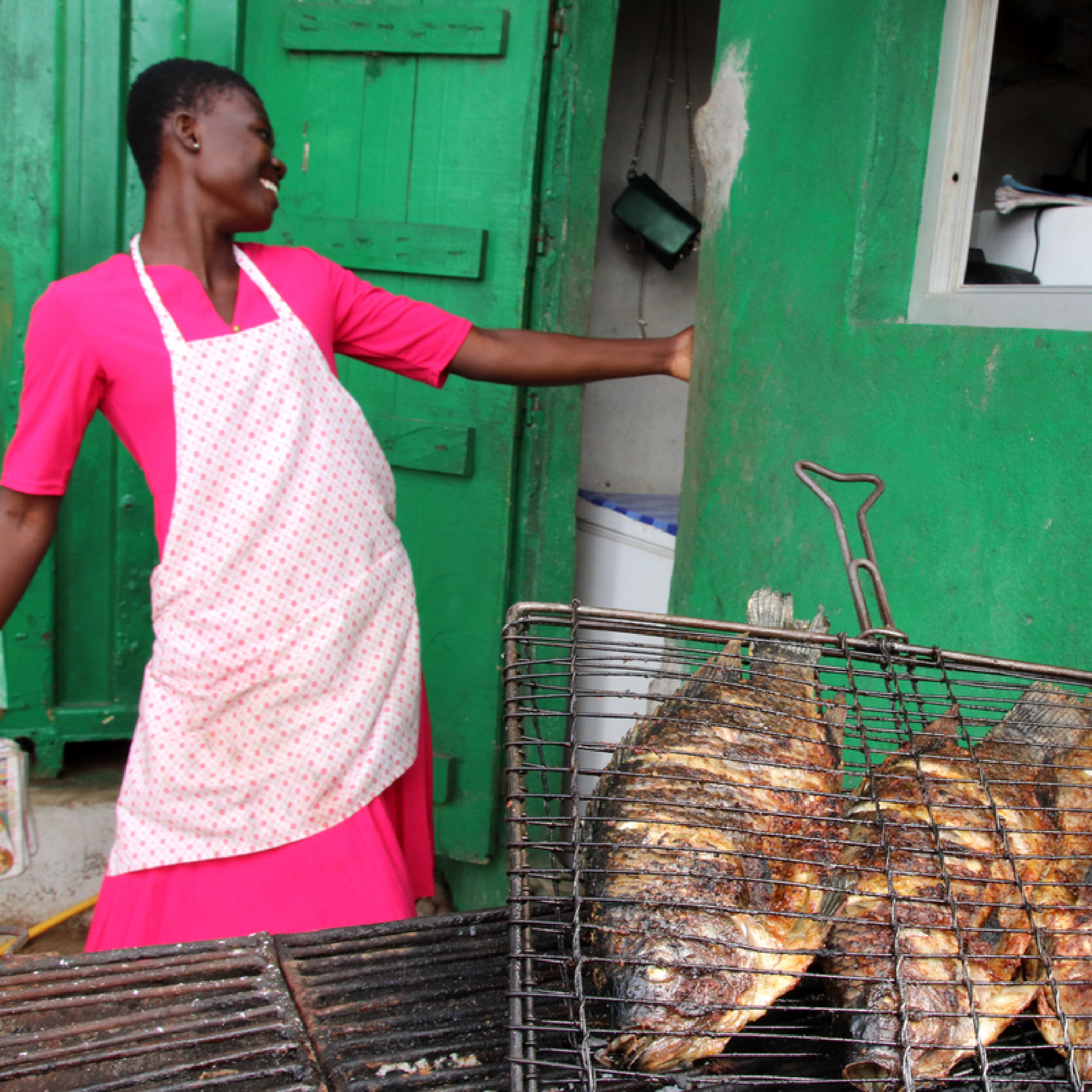

The Story: Women Restoring Cameroon’s Mangroves
In the coastal districts of Douala and Manoka, Cameroon, a pioneering initiative is restoring degraded mangrove ecosystems while empowering women to lead climate action. For years, women fish smokers relied on mangrove wood as their primary fuel source, driving deforestation and exposing themselves to health risks from smoke inhalation. Led by the African Women’s Network for Community Management of Forests (REFACOF), this project integrates environmental restoration with women’s economic empowerment — proving that ecological recovery and gender equity can thrive together.
By introducing solar-powered fish drying technologies and promoting women’s leadership in forest governance, the initiative is reducing mangrove degradation, improving livelihoods, and reshaping community perceptions of women’s roles in natural resource management.

Quick Facts

Goal:
- Reduce mangrove degradation through improved fish-smoking technologies and women-led forest restoration to build climate resilience and sustainable livelihoods.
Location:
- Manoka Island and Douala, Cameroon (Ndogpassi Bobongo & Youpwè)
Metrics:
- 2,500 women engaged in tree planting and livelihood activities
- 15 women in direct honey production business
- Survival rate of mangrove saplings: 56% (monitoring ongoing; goal 80%)
Standards & Certification:
- Income & Assets, Leadership, Time Savings, Knowledge & Education
- Implementing Partner: REFACOF (The African Women’s Network for Community Management of Forests)
What We Did
Installed solar-powered fish dryers to replace traditional smokehouses, reducing the use of mangrove wood and improving air quality and women’s health.
Supported large-scale mangrove restoration through community planting and agroforestry activities that enhance local biodiversity and shoreline protection.
Trained women in negotiation, community forest management, and advocacy to influence gender equity in land tenure and REDD+ processes.
Supported income-generating ventures like fish processing and marketing, strengthening women’s financial independence and market access.
Provided training on sustainable resource management, agroforestry, and the use of clean technologies to ensure long-term project sustainability.

Results & Impact
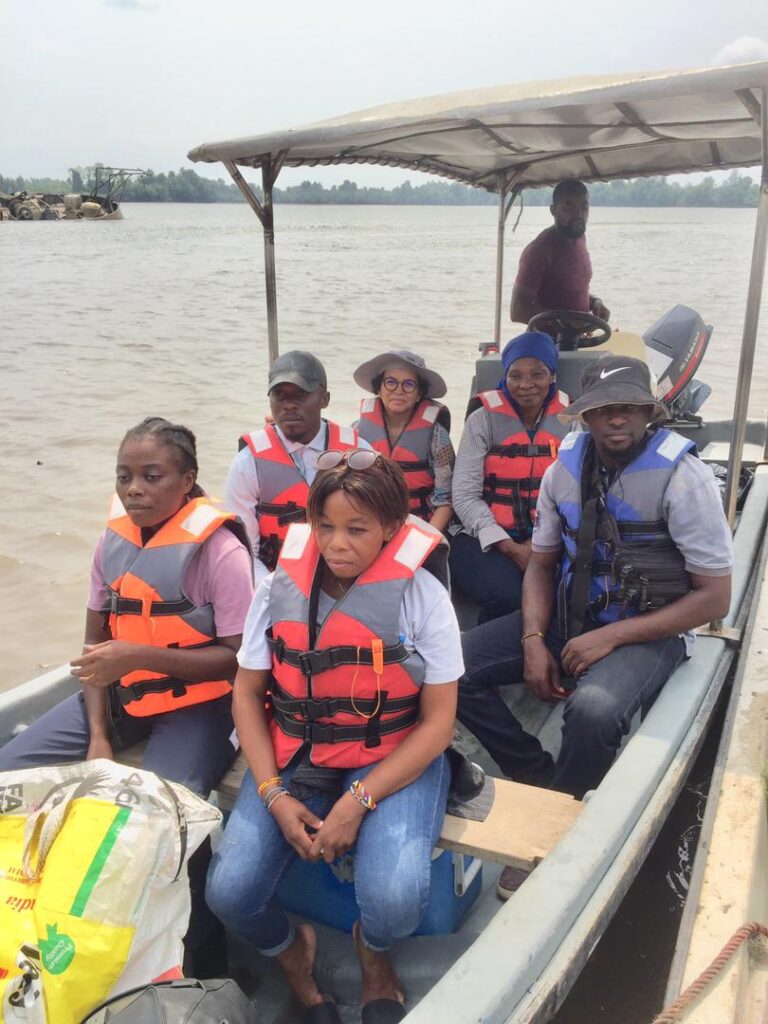
In the Field
Behind the scenes of projects directly from the technical experts on the ground.


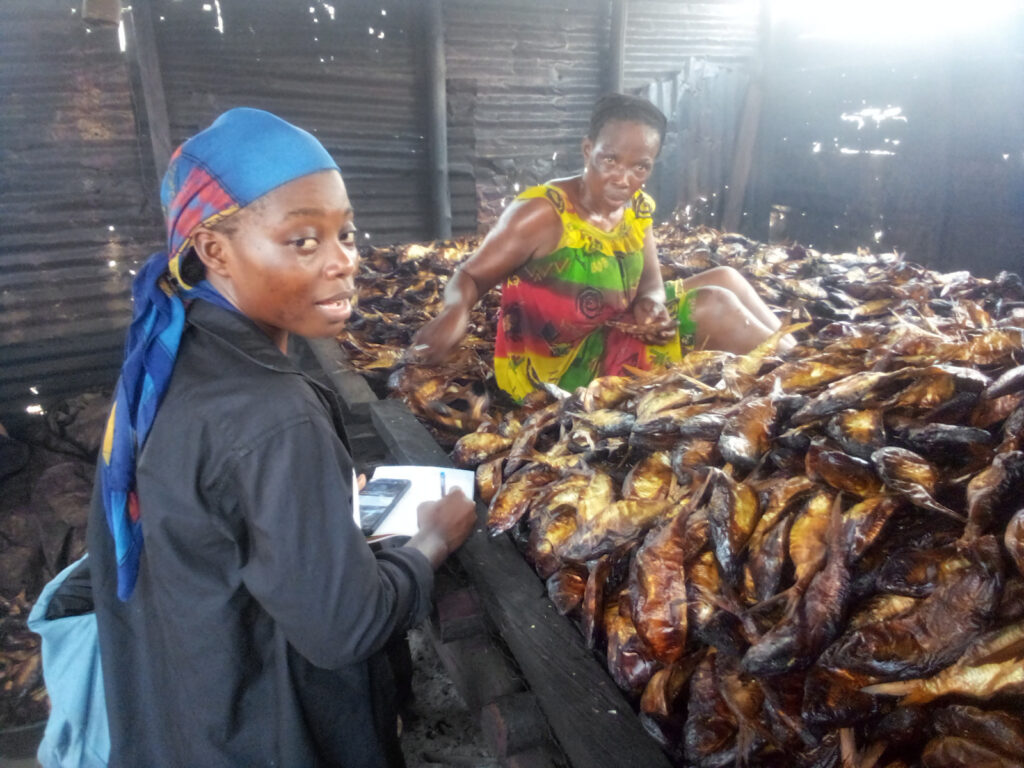
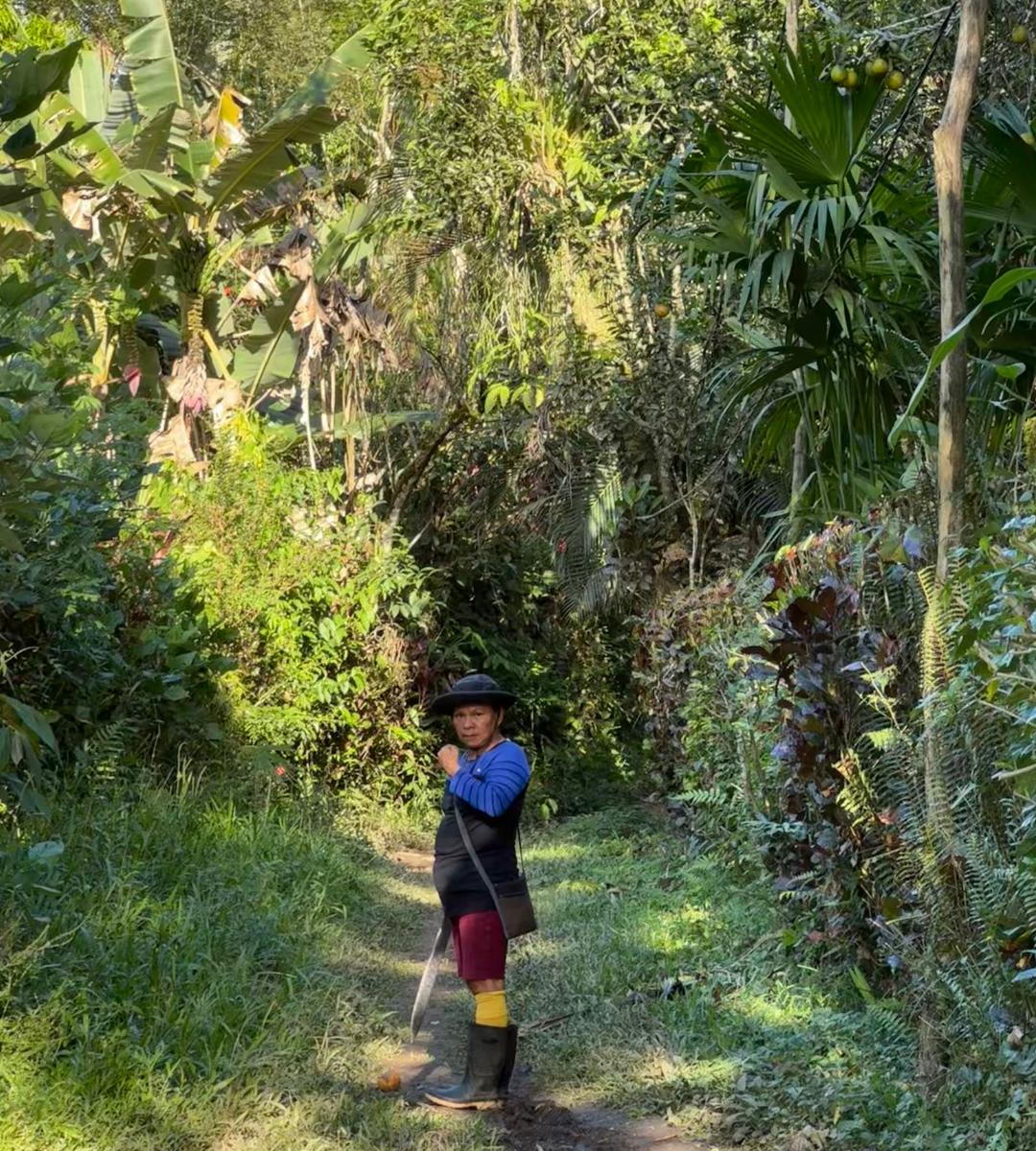
.jpeg)
